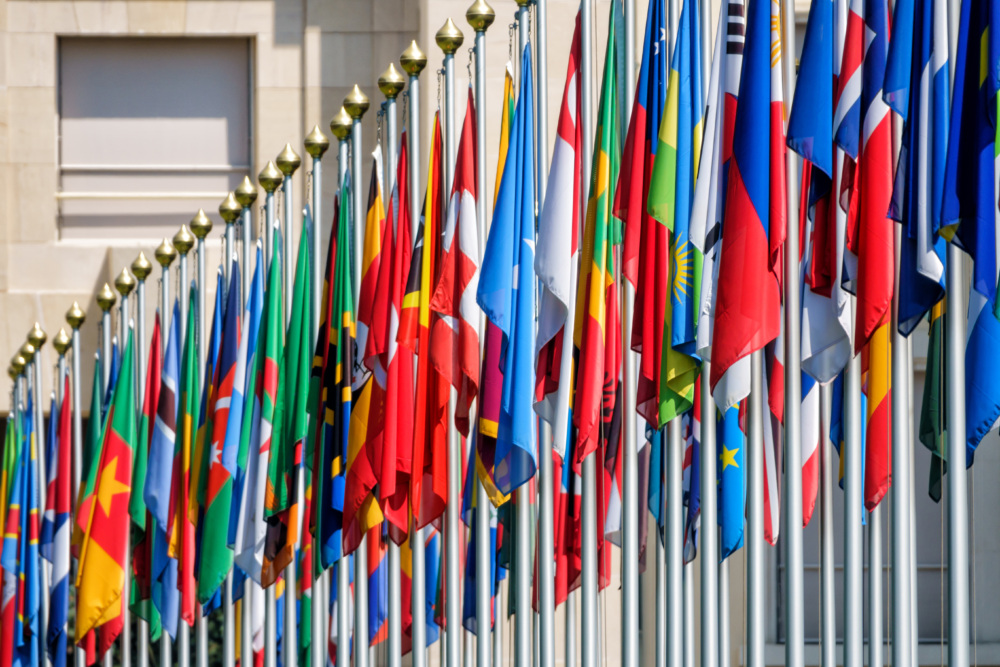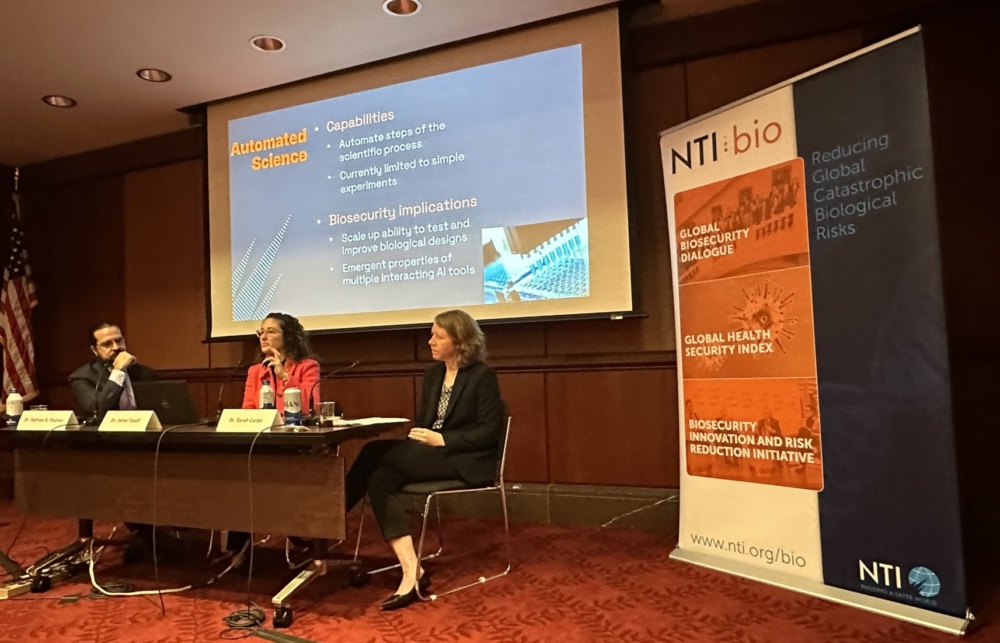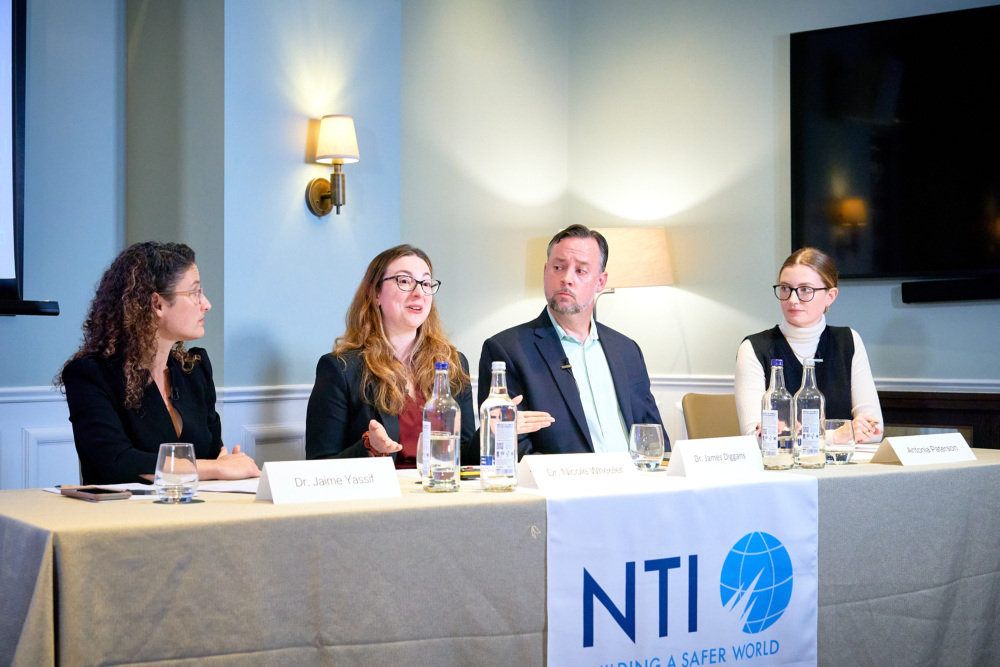
Jaime M. Yassif, Ph.D.
Vice President, Global Biological Policy and Programs
A new paper, “Guarding Against Catastrophic Biological Risks: Preventing State Biological Weapon Development and Use by Shaping Intentions,” by NTI | bio experts Jaime Yassif, Shayna Korol, and Angela Kane is available in Health Security, the Johns Hopkins’ Center for Health Security’s peer-reviewed journal. The authors write about effective strategies for preventing biological events that could rise to the level of a global catastrophe by disincentivizing states from bioweapons development and use. The article describes the broad range of biological risks faced by the international community, the difference between approaches for countering state and nonstate actor risks, possible motives states may have for developing bioweapons, and gaps in the current global biosecurity architecture.
Yassif, Korol, and Kane outline a three-pronged approach to improving international capabilities to prevent bioweapons development and use: enhancing transparency, strengthening attribution capabilities, and building a system of accountability in the event of bioweapons development or use. For deterrence to be effective, the authors write, states and other powerful actors considering bioweapons must believe they will likely be caught and face consequences.
The authors discuss new approaches for enhanced transparency measures to assess compliance with the Biological Weapons Convention and outline several proposals to strengthen attribution capabilities, including NTI’s proposed Joint Assessment Mechanism to rapidly determine the source of high-consequence biological events of unknown origin. They also argue for the critical importance of fostering accountability for violating the global norm against bioweapons development and use.
Read “Guarding Against Catastrophic Biological Risks: Preventing State Biological Weapon Development and Use by Shaping Intentions” ahead-of-print here.
Sign up for our newsletter to get the latest on nuclear and biological threats.
NTI | bio convened a workshop on “Disincentivizing State Bioweapons Development and Use” a week ahead of the Biological Weapons Convention Working Group meetings in Geneva, Switzerland.
NTI | bio hosted a lunchtime event on Capitol Hill to discuss how Congress and other decisionmakers can take action to mitigate emerging risks associated with AI-bio capabilities.
Amid significant advances in artificial intelligence (AI), a new NTI | bio report recommends urgent action and oversight by governments, industry, and the scientific community to reduce risks associated with AI-enabled capabilities to engineer living systems.



